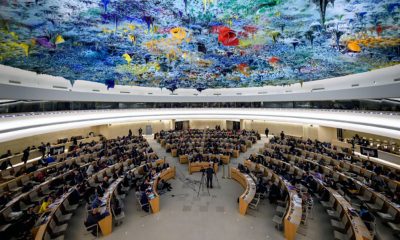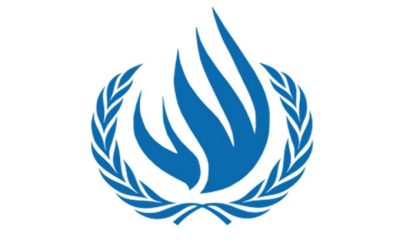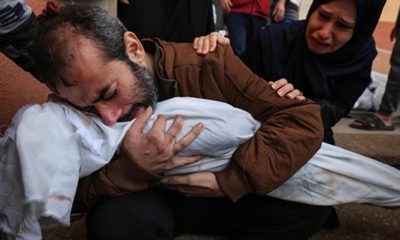News
Core Group ready to help Sri Lanka prosecute corrupt public officials
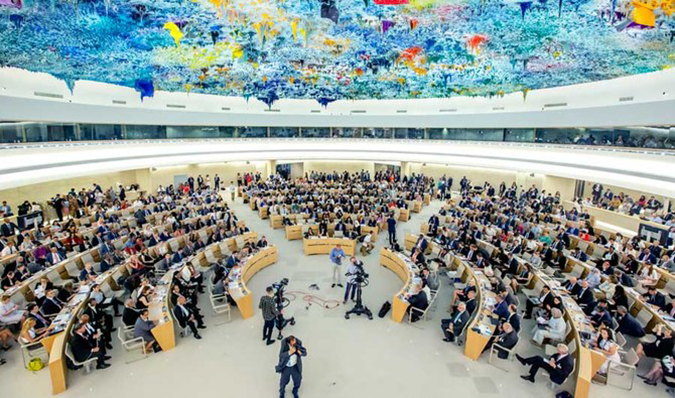
The Core Group on Sri Lanka has, in a draft resolution that is to be presented to the 51st session of the United Nations Human Rights Council (UNHRC), called upon the government of Sri Lanka to address the ongoing economic crisis and help ensure it does not happen again by investigating and prosecuting corruption including by public and former public officials. It has stated that it is ready to assist and support independent, impartial, and transparent efforts in this regard.
The Core Group consists of the United Kingdom, the United States, Germany, Canada, Malawi, North Macedonia and Montenegro.The Core Group has expressed concern about the human rights impact of the economic crisis such as increased food insecurity, severe shortages of fuel and essential medicines, and reductions in household incomes.The group has also stressed the need to promote and protect the rights of the most marginalised and disadvantaged individuals including daily wage earners,
children, older persons, and persons with disabilities. They also “express concern over other human rights developments, since April 2022, including violence against and arrests of peaceful protesters, as well as violence against Government supporters, resulting in deaths, injuries, destruction and damage to houses of members of Parliament and stresses the importance of independent investigations into all attacks and for those found responsible to be held to account.”
The Core Group also said that they are concerned about the militarization of civilian government functions, the erosion of the independence of the judiciary and key institutions responsible for the promotion and protection of human rights; lack of progress in addressing longstanding grievances and demands of Tamil and Muslim populations; surveillance, intimidation and harassment of journalists, human rights defenders, families of the disappeared and persons involved in memorialization initiatives, and sexual and gender-based violence.
Given below are excerpts from the draft: “Stresses the importance of a comprehensive accountability process for all violations and abuses of human rights committed in Sri Lanka by all parties, including those abuses by the Liberation Tigers of Tamil Eelam; (46/1 OP4)
“Notes the persistent lack of independence, impartiality, and transparency of domestic mechanisms, and that emblematic human rights cases have been undermined through delays and the granting of Presidential pardon to those accused or convicted of crimes relating to grave violations of human rights; (New)
“Recognizes the importance of preserving and analysing evidence relating to violations and abuses of human rights and related crimes in Sri Lanka with a view to advancing accountability, and decides to extend and reinforce the capacity of the Office of the High Commissioner to collect, consolidate, analyse and preserve information and evidence and to develop possible strategies for future accountability processes for gross violations of human rights or serious violations of international humanitarian law in Sri Lanka, to advocate for victims and survivors, and to support relevant judicial and other proceedings, including in Member States, with competent jurisdiction; (46/1 OP6, slightly revised)
“Also expresses concern that the initial response to the coronavirus disease (COVID-19) pandemic had an impact on freedom of religion or belief and exacerbated the prevailing marginalization of and discrimination against the Muslim community, while acknowledging that cremations for those deceased from COVID-19 are no longer compulsory, urges for Muslims and members of other religions to be able to continue to practice their own burial religious rites; (46/1 OP8 updated)
“Calls upon the Government of Sri Lanka to ensure the prompt, thorough and impartial investigation and, if warranted, prosecution of all alleged crimes relating to human rights violations and serious violations of international humanitarian law, including for longstanding emblematic cases; (46/1 OP9)
“Calls upon the Government of Sri Lanka to address the ongoing economic crisis and help ensure it does not happen again, including by investigating and, where warranted, prosecuting corruption, including by public and former public officials, and stands ready to assist and support independent, impartial, and transparent efforts in this regard; (New)
“Stresses the importance of re-energising the Office on Missing Persons and the Office for Reparations, while noting that the tangible results expected by victims and other stakeholders are yet to be achieved, including resolving the many cases of enforced disappearances so that the families of disappeared persons can know their fate and whereabouts, as well as the importance of the effective and independent functioning of the Human Rights Commission of Sri Lanka; (46/1 OP3 and OP10 –modified)
“Further calls upon the Government of Sri Lanka to protect civil society actors, including human rights defenders, to investigate any attacks and to ensure a safe and enabling environment in which civil society can operate free from hindrance, surveillance, insecurity and threat of reprisals; (46/1 OP11)
“Takes note of the introduction of amendments to the Prevention of Terrorism Act in March 2022, that detentions under this legislation continue to occur, and the Government’s expressed intention in this regard to introduce new legislation on combating terrorism, and encourages the Government to engage in consultations with civil society, the Office of the High Commissioner for Human Rights and relevant UN Special Procedure Mandate holders in the preparation of new legislation, in order to ensure that any legislation on combating terrorism complies fully with the State’s international human rights law and international humanitarian law obligations; (46/1 OP12, updated)
“Urges the Government of Sri Lanka to foster freedom of religion or belief and pluralism by promoting the ability of all religious communities to manifest their religion, and to contribute openly and on an equal footing to society; (46/1 OP13)
“Encourages the Government of Sri Lanka to continue to cooperate with the special procedures of the Human Rights Council, including by responding formally to outstanding requests from them; (46/1 OP14)
“Encourages the Office of the High Commissioner and relevant special procedure mandate holders to provide, in consultation with and with the concurrence of the Government of Sri Lanka, advice and technical assistance on implementing the abovementioned steps; (46/1 OP15)
“Requests the Office of the High Commissioner to enhance its monitoring and reporting on the situation of human rights in Sri Lanka, including on progress in reconciliation and accountability, and on the human rights impact of the economic crisis and corruption, and to present oral updates to the Human Rights Council at its fifty-third session and fifty-fifths sessions, and a written update at its fifty-fourth session and a comprehensive report that includes further options for advancing accountability at its fifty-seventh session, both to be discussed in the context of an interactive dialogue. (46/1 OP16)”
Latest News
Higher Education for Children with Special Needs to be Prioritized Under Ministry of Education Supervision – Prime Minister
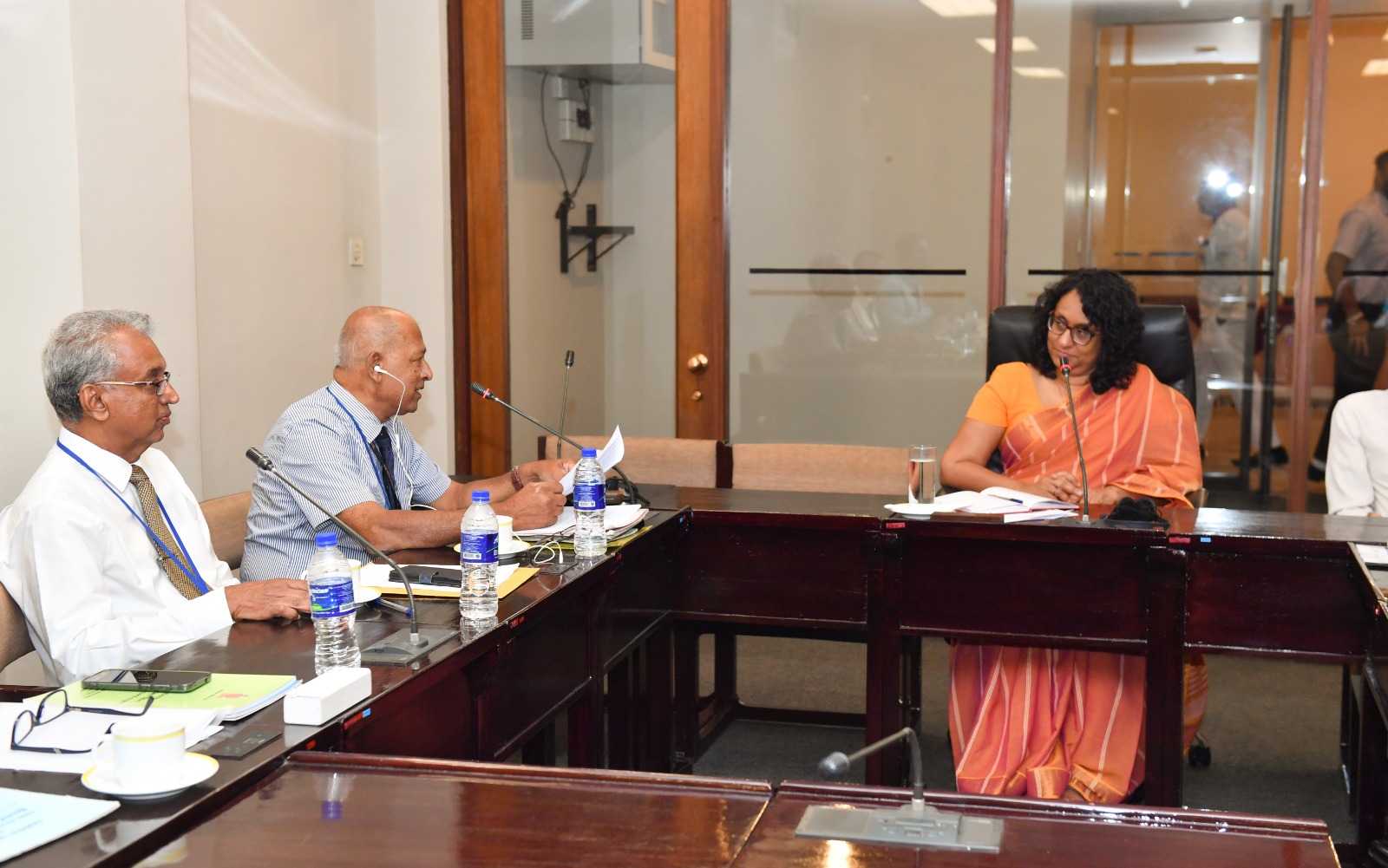
Prime Minister Dr. Harini Amarasuriya emphasized that special attention will be given to the higher education of children with special needs under the supervision of the Ministry of Education.
She made this statement during a meeting held in Parliament on February 22 with representatives from various institutions advocating for the disabled community to discuss strategies for enhancing educational opportunities for individuals with special needs.
During the meeting, the representatives presented a comprehensive proposal developed in line with local and international standards. The proposal addressed several key areas, including strengthening the rights of people with special needs, improving the quality of education for children with disabilities, and introducing higher education opportunities focused to their needs.
The delegation commended the current government for allocating funds in the 2025 budget to improve education for children with autism and for establishing a social security system for orphans.
Speaking at the meeting, Prime Minister Amarasuriya stated:
“People with special needs must be given the social acceptance required to live normal lives within society. We aim to incorporate this principle into broader initiatives, including the ’Clean Sri Lanka’ project.
Our country has many policies, but the challenge lies in effective implementation. Allocating funds for policy execution is crucial, which is why the 2025 budget specifically earmarks resources for various initiatives.
Under the Ministry of Education’s supervision, we are determined to prioritize higher education for children with special needs and have appointed the necessary personnel to lead this effort.
We are currently preparing for a comprehensive transformation of the education system. Relevant policies will be developed in 2025, with implementation set to begin in 2026. This long-term plan is designed to bring about systemic change, with special emphasis on the education of children with special needs.
Our goal is to ensure that every child with special needs has access to inclusive education in mainstream schools. While this is a substantial process that cannot be completed overnight, we aim to achieve these goals gradually. As a starting point, we are working to make at least one school in each educational administrative zone equipped to accommodate children with special needs,” she said.
The meeting was attended by officials representing the disabled community, including Member of Parliament Sugath Wasantha de Silva, former Senior Lecturer Dr. T.D.T.L. Dhanapala, and other dignitaries.
[Prime Minister’s Media Division]
News
Four years RI for SDIG for facilitating release of murder suspect
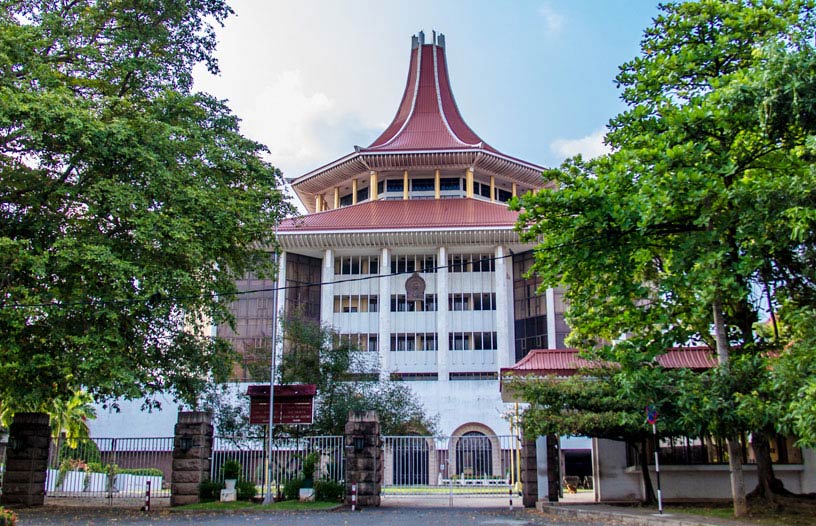
The Vavuniya High Court has sentenced former Senior Deputy Inspector General of Police (SDIG) Lalith Jayasinghe to four years rigorous imprisonment for facilitating the release of a suspect connected to the 2015 murder of schoolgirl Sivaloganathan Vidya in Punkudutivu.
High Court Judge M.M. Mihar also imposed a fine of Rs. 50,000 on Jayasinghe, with an additional six-month prison term to be served in the event of non-payment.
Vidya, an 18-year-old schoolgirl from Punkudutivu, was abducted, gang-raped, and murdered in Jaffna on 13 May 2015, while returning home from school. The main suspect, known as ‘Swiss Kumar’, was apprehended by local residents and handed over to the police.
Jayasinghe, who was arrested by the Criminal Investigation Department on July 15, 2017, was found guilty of aiding the suspect’s escape while in custody.
The High Court ruled that the prosecution had proven the allegations beyond reasonable doubt.
The judge also issued open warrants for the arrest of Sri Gajan, a former Sub-Inspector of the Crime Investigation Division of Kayts Police, who was also named as an accused in the case.
News
Sri Lanka’s first ever “Water Battery”
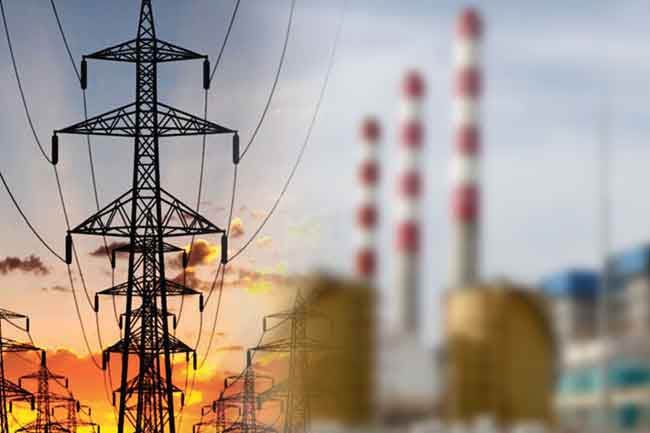
The Ceylon Electricity Board (CEB) on Friday announced that it is making significant progress toward launching the Maha Oya Pumped Storage Hydropower Project, Sri Lanka’s first-ever “Water Battery”.
In a statement the Board said this groundbreaking 600 MW initiative will store excess renewable energy from solar and wind sources, ensuring grid stability and supporting Sri Lanka’s goal of generating 70 percent of its electricity from renewables by 2030.
The project, located in Aranayake and Nawalapitiya, will feature two reservoirs connected by a 2.5 km tunnel, operating as a large-scale energy storage system, the CEB stated. Water from the lower reservoir will be pumped to the upper when renewable (solar, wind) energy is available for the purpose.
By reducing dependence on fossil fuels and lowering carbon emissions, the project will play a crucial role in Sri Lanka’s transition to sustainable energy, it said.
The CEB aims to secure long-term funding from international agencies to minimize impacts on electricity tariffs while ensuring affordability for consumers, the statement said.
The Maha Oya project represents a major step toward energy independence, providing grid support for renewable energy absorption while fostering economic growth, job creation, and environmental sustainability, the Board added.
-
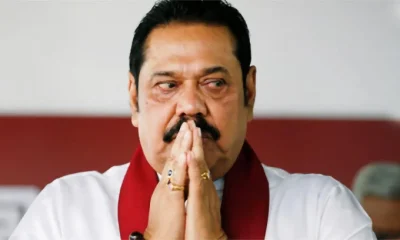
 Features7 days ago
Features7 days agoDon’t betray baiyas who voted you into power for lack of better alternative: a helpful warning to NPP – II
-

 News5 days ago
News5 days agoCommercial High Court orders AASSL to pay Rs 176 mn for unilateral termination of contract
-
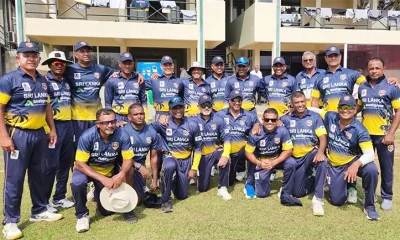
 Sports4 days ago
Sports4 days agoSri Lanka face Australia in Masters World Cup semi-final today
-
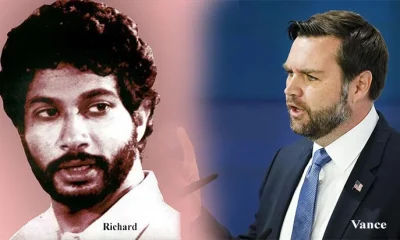
 Features7 days ago
Features7 days agoTwo films and comments
-
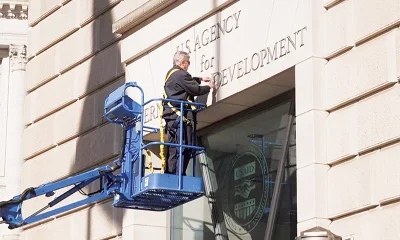
 Features6 days ago
Features6 days agoUSAID and NGOS under siege
-
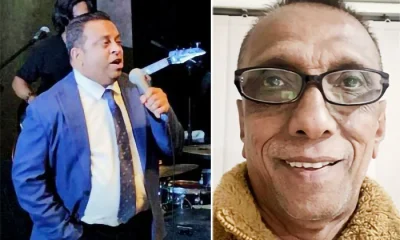
 Features6 days ago
Features6 days agoDoing it in the Philippines…
-

 Midweek Review5 days ago
Midweek Review5 days agoImpact of US policy shift on Sri Lanka
-

 News4 days ago
News4 days agoCourtroom shooting: Police admit serious security lapses


